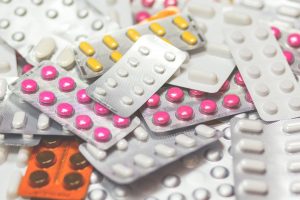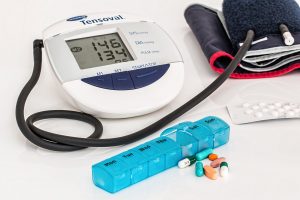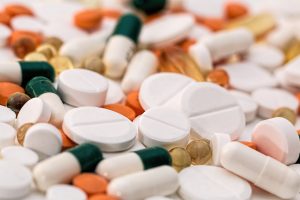 Zantac, a prescription heartburn medication, and its generic equivalent have been under pretty intense scrutiny as of late. Worse than “scrutiny,” really. Questions about whether Zantac and ranitidine, its generic equivalent, arose more than a year ago when an online pharmacy notified the Food and Drug Administration that it had determined that ranitidine use could result in elevated levels of a likely carcinogen. In response, a number of national pharmacies pulled Zantac and its generic equivalent from their shelves, as well as over-the-counter drugs containing ranitidine. A number of generic manufacturers and Sanofi, which makes the prescription drug Zantac in the U.S., recalled drugs containing ranitidine. In April 2020, the FDA asked all manufacturers of products containing ranitidine to pull their drugs from the market. If you have been injured by Zantac or another defective drug, call us today to speak with an Atlanta personal injury lawyer.
Zantac, a prescription heartburn medication, and its generic equivalent have been under pretty intense scrutiny as of late. Worse than “scrutiny,” really. Questions about whether Zantac and ranitidine, its generic equivalent, arose more than a year ago when an online pharmacy notified the Food and Drug Administration that it had determined that ranitidine use could result in elevated levels of a likely carcinogen. In response, a number of national pharmacies pulled Zantac and its generic equivalent from their shelves, as well as over-the-counter drugs containing ranitidine. A number of generic manufacturers and Sanofi, which makes the prescription drug Zantac in the U.S., recalled drugs containing ranitidine. In April 2020, the FDA asked all manufacturers of products containing ranitidine to pull their drugs from the market. If you have been injured by Zantac or another defective drug, call us today to speak with an Atlanta personal injury lawyer.
Is Zantac Dangerous?
While it remains to be proven if Zantac and ranitidine actually cause any kinds of cancer, there is no question that a suspected cancer-causing chemical has been found to be caused at unacceptable levels by ranitidine. The chemical, N-Nitrosodimethylamine, also known as NDMA, is intentionally produced in the U.S. only as a research chemical. Years ago, it was used in rocket fuel, but that practice was discontinued when the air, water, and ground hear a rocket fuel manufacturing plant was found to be laden with NDMA. The chemical sometimes is created unintentionally in the manufacture of other chemicals, as apparently happened during the manufacture of ranitidine, and apparently also can form in the digestive tract of ranitidine users. NDMA is known to be harmful to the liver, and many of the lawsuits against Sanofi and generic ranitidine makers claim the chemical is causing stomach and bladder cancer as well as liver cancer. The suits contend the manufacturers knew about the high levels of NDMA and knew the chemical could cause certain forms of cancer. There are no known cases of NDMA causing cancer in people, but the chemical is listed by an international cancer research group as carcinogenic and is used in research to induce cancer in rats.
 Georgia Injury Lawyers Blog
Georgia Injury Lawyers Blog


 Earlier this month
Earlier this month You may have recently seen
You may have recently seen